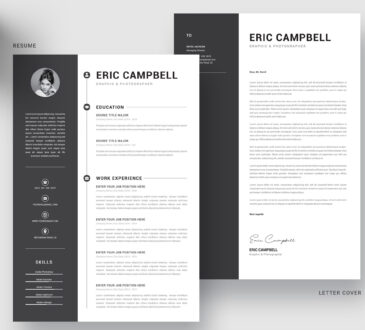The upcoming A-level 2024 GP exam will witness the debut of the revised GP syllabus, ushering in a new era for J1 students (2023). Understanding the changes is crucial for success. In this post, we’ll dissect the modifications and provide insights on how to navigate the revised syllabus effectively.
Summary of what has changed
| Component | General Paper Old Syllabus 8807 | General Paper Revised Syllabus 8881 |
| Essay | 12 questions | 8 questions |
| Comprehension | 2 passages | 3 passages |
| Comprehension | 17 marks | 15 marks |
| Application Question | 10 marks | 12 marks |
In the revised syllabus, the reduction of essay questions from 12 to 8 signifies a shift toward quality over quantity. With fewer questions, the competition intensifies. Standing out becomes crucial, necessitating in-depth arguments with detailed elaboration, explanation, and evaluation. The emphasis is on presenting specialized knowledge through specific, recent examples.
While this might seem challenging, the removal of questions related to minor themes like Poverty, Mathematics, Family, and Crime simplifies the focus. Trends suggest students should concentrate on major themes such as Arts, Science & Tech, Politics, Individual & Values, Media, and Environment. Indigo’s approach is to expose students to different question types and current affairs weekly, fostering flexible thinking and active use of knowledge across themes.
New Question Type in Paper 2 (SAQ) Component
In the old syllabus, Short Questions (SQ) totaled 17 marks; this is reduced to 15 marks in the revised syllabus. An intriguing addition is the comparison (inter-passage) question type. This requires cross-passage comparison, a skill set introduced to JC1 (2023) students for the first time.
Students must evaluate the relationship between three passages discussing the same issue within the same topic. Typically, passage 3 supports passage 2 and undermines passage 1. Indigo adopts the NITS approach, a structured method to address this new question type, ensuring students confidently navigate this unfamiliar territory.
Transferrable Skills Between Paper 1 and Paper 2
Mastering the skills required for the new question types benefits students beyond Paper 2. The ability to identify assumptions, crucial for Paper 2, transfers seamlessly to essay writing. This proficiency aids in constructing arguments that align with your topic sentence.
In conclusion, adapting to the new GP syllabus requires a strategic approach. Focusing on major themes, honing critical thinking skills, and mastering the nuances of new question types are keys to success. With a proactive learning approach and valuable insights from platforms like Indigo, students can confidently navigate the evolving landscape of the GP syllabus.



